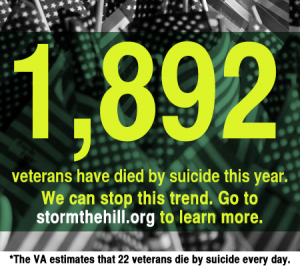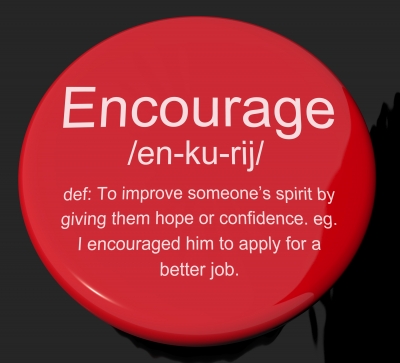No matter what we have experience is it reasonable or possible to “love your neighbor in the same way you love yourself”? It would be easy to think those who said these things, Jesus Christ and St. Paul, had easy and tragedy free lives. Not so. Both Jesus and Paul receive brutal treatment during their lives and died at the hands of others.
What does it mean to “love your neighbor”?
The word used for “love” in these passages is “agape”. This Greek word for love is not tied to the emotions or good feelings we usually associate with our idea of love. Loving someone in this understanding is doing what is right on their behalf. This kind of love may include, but goes beyond, feelings. (Biblical Greek used 4 different words to express different aspects or kinds of love.)
Who are these neighbors we are supposed to love as ourselves?
Family, those next-door, coworkers, employer, boss, cashier, sales reps, and etc. are all neighbors. This includes people on the other side of the world. It includes those on the other side of the political spectrum. And, yes, it includes people of different beliefs.
How do we know if we are loving our neighbor as ourselves?
What about the neighbor who has the continually barking dog, loud music, or some other near perpetual annoyance? Does loving your neighbor mean you tolerate the annoyance? Perhaps not. Avoiding issues is not necessarily love. Simply dismissing annoyances or offenses may be an appropriate demonstration of love; but it may also be a hindrance to relationships and growth. How we address the issue demonstrates the love. In fact, avoidance can lead to more intense future conflict.
Our spouse, children, employer, customers, and next-door neighbors all provide numerous “opportunities” to demonstrate love. They also help expose the shortcomings in our ability to walk in this kind of love. Those that have hurt us in the worst ways put this to the greatest test.
This seems too hard. It seems impossible!
The Good News is that we do not have to do this on our own. In fact, I am convinced that I cannot do this on my own. For me, as a Christian, it is the work of God—through His Son—in my live that makes this a possibility.
Falling short in our own lives can help keep us humble in our dealings with others. It also serves as a reminder for our need for God’s grace and the need to allow God to work on and change our own hearts and minds.
[NOTE: What loving your neighbor does NOT mean:
It does not mean you should let people abuse you. It does not mean that you cannot defend yourself from violence. The choices of others, such as in combat or fighting off an assault, will sometimes put us in difficult circumstances that demonstrate our own dependence on God’s grace. However, when those brief, but life changing moments, have passed we are faced again with the opportunity to love (agape)—even our enemies.]
This idea can be particularly difficult for those of us who have experienced deep hurts or tragedies. Yet we are not left alone. We do not have to figure it all out on our own.
I do not always fulfill the command to love my neighbor as myself. However, working together with God this is becoming more real in my daily life. As I grow in this area I find new joy and peace no matter what circumstances I am facing.
Some of the factors that are impacting my life in this area: my relationship with God through Jesus Christ, the Holy Bible (Scripture), fellow Christians to challenge and encourage my spiritual growth, and all who continually provide opportunities for me to grow.
What, or who, is helping you grow in your ability to “love your neighbor as yourself”?




